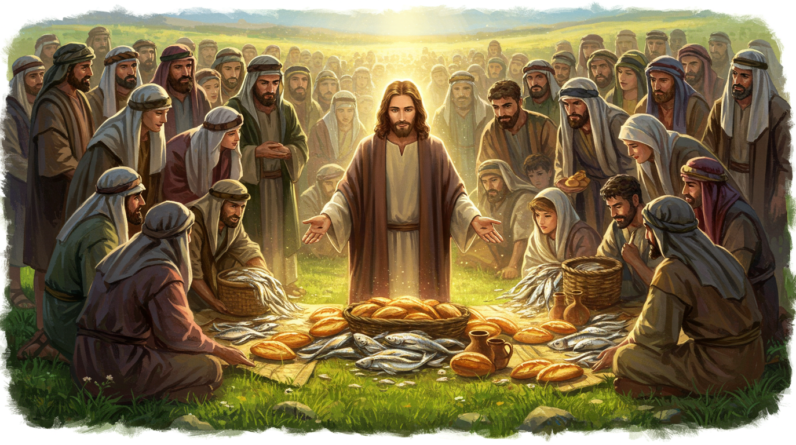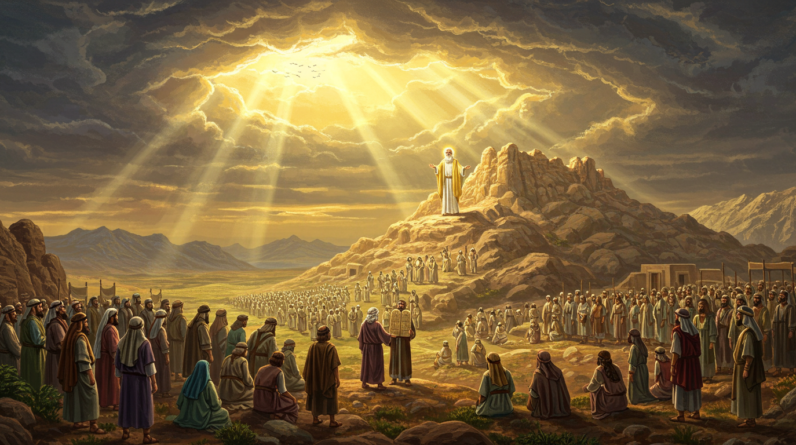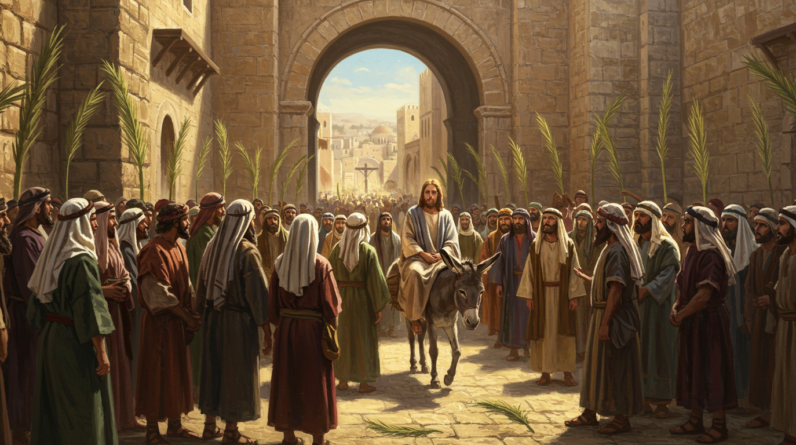Explore the intricate tale of the Canaanites in biblical history. Dive into their key role, spiritual insights, and modern parallels drawn from Joshua 3:10 and Judges 1:27-36.
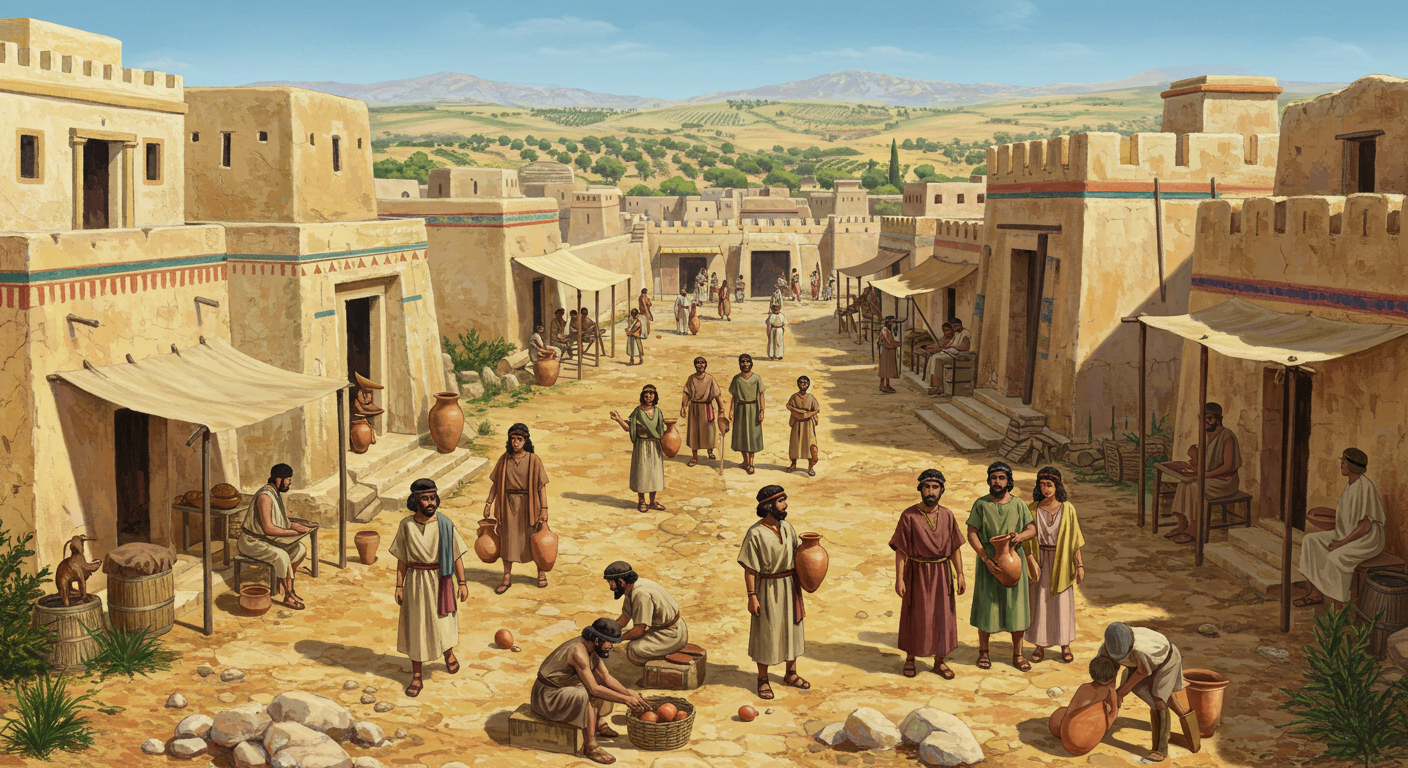
The Canaanites: A Complex Chapter in Biblical History
The story of the Canaanites is woven deeply into the tapestry of Biblical history, marked by intrigue, conflict, and divine destinies. These ancient inhabitants of the land that God promised to the Israelites were not mere background figures; they played pivotal roles that shaped the course of biblical events. By exploring the Canaanites’ narrative, we gain insight into deep spiritual truths and historical complexities that still resonate today.
Their Story in the Bible
Joshua’s Encounter with the Canaanites
In the Book of Joshua, we find the Israelites poised on the brink of entering the Promised Land. The Canaanites inhabit this fertile region, and God promises the land to the Israelites. A significant moment occurs in Joshua 3:10, where Joshua declares, “This is how you will know that the living God is among you and that he will certainly drive out before you the Canaanites, Hittites, Hivites, Perizzites, Girgashites, Amorites, and Jebusites.” This statement not only underscores the intrinsic conflict but also highlights the divine fulfillment of a promise.
The Challenges in Judges
As the Israelites settle into the land, the Book of Judges records their ongoing interaction with the Canaanites. Judges reference the tribes’ varied successes in driving out the Canaanites, revealing both victories and failures that reflect Israel’s own faith struggles. For instance, in Judges 1:27-36, numerous tribes of Israel fail to fully remove the Canaanites, leading to ongoing coexistence and contention. This narrative not only shows the Israelites’ partial obedience but also sets the stage for future strife as Canaanite influences permeated Israelite culture.
Lessons from Their Life
The story of the Canaanites offers three-fold lessons on faith, obedience, and the danger of complacency. Firstly, it underscores the importance of complete obedience to divine instruction. The Israelites were commanded to conquer the land, yet incomplete obedience led to spiritual decline. Similarly, half-measures in our spiritual walk can hinder divine blessings.
Secondly, the persistence of Canaanite culture among the Israelites illustrates the dangers of compromising core values. The gradual assimilation of Canaanite religious practices severely impacted the Israelites’ fidelity to their covenant with God. In today’s world, this serves as a powerful metaphor for maintaining spiritual integrity amidst societal pressures.
Lastly, the narrative speaks to the enduring consequences of past actions. The Canaanites’ legacy continued to challenge Israel for generations, reminding us that unresolved issues can linger, affecting future harmony and stability.
Connection to Today’s World
In a rapidly globalizing world, the Canaanite narrative finds relevance in our multicultural environment. The challenge of balancing cultural integration with the preservation of one’s identity parallels the Israelites’ experience. As communities diversify, the Canaanites’ story urges individuals to remain grounded in their foundational beliefs while engaging with different cultures.
Much like the Israelites’ struggle with Canaanite influences, contemporary society grapples with conflicting values and beliefs. This story encourages a re-evaluation of personal and communal priorities, highlighting the need for discernment and the risks of adopting practices contrary to one’s core values.
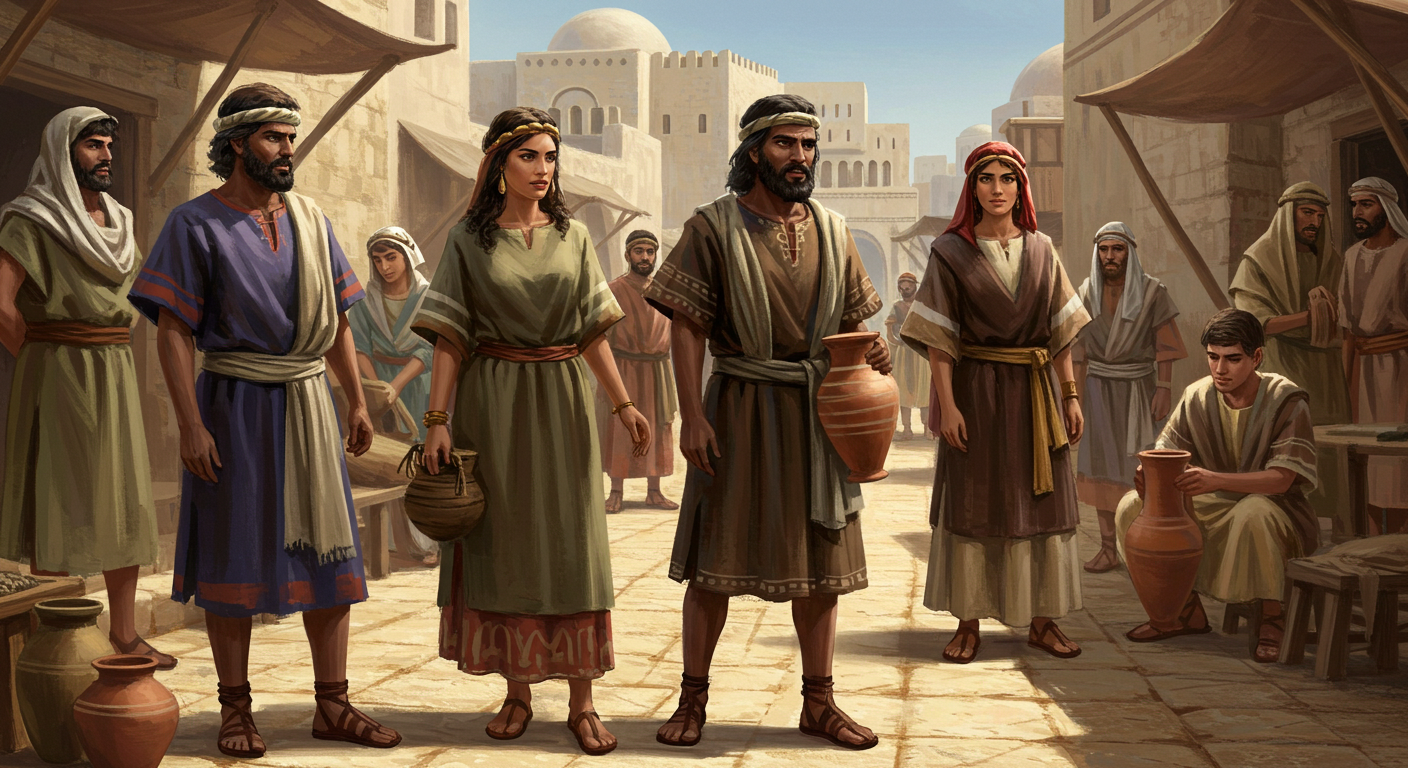
Key Bible Verse
“This is how you will know that the living God is among you…” – Joshua 3:10
This verse is fundamental, encapsulating the central theme of divine presence that threads through the story of the Israelites and Canaanites. It reassures readers of God’s active role in fulfilling promises and provides an anchor for faith amid challenges. When confronted with daunting tasks, this assurance serves as a reminder that God’s presence accompanies us, guiding and empowering our endeavors.
Thought-Provoking Question
When faced with the challenge of blending into a new cultural landscape while preserving your identity, how can you ensure that your foundational beliefs remain intact, just as the Israelites were called to do amidst the Canaanite culture?
Historical/Cultural Context
Understanding the historical backdrop of the Canaanites is essential to fully grasp their biblical narrative. The Canaanites were a group of ancient Semitic-speaking peoples inhabiting the Levant. Known for their advanced city-states, they were highly influential, boasting a robust culture that included writing, deity worship, and trade. The significance of their land in strategic and economic terms only made them more central in biblical narratives. This cultural richness and complexity serve as a backdrop for the Israelites’ journey, underscoring the monumental task of transformation that God set before them.
Comparison with Other Characters
Comparing the Israelites’ encounter with the Canaanites to other biblical battles, such as King David’s conflicts with the Philistines, highlights themes of faith and resilience. Both narratives involve divine guidance coupled with human action. Just as David sought the Lord’s direction before battle, the Israelites were to rely on God’s promise and strength to overcome the Canaanites. This duality of divine support and human duty reflects an enduring principle of faith-led action.
Prayer
Heavenly Father, we thank you for the complex yet enlightening stories of the Bible that reflect our own life’s challenges and victories. Help us discern the lessons within the Canaanites’ stories, ensuring we remain true to our values even in culturally diverse environments. May we continually seek Your guidance in all our endeavors and strive for complete obedience to Your will. Amen.


